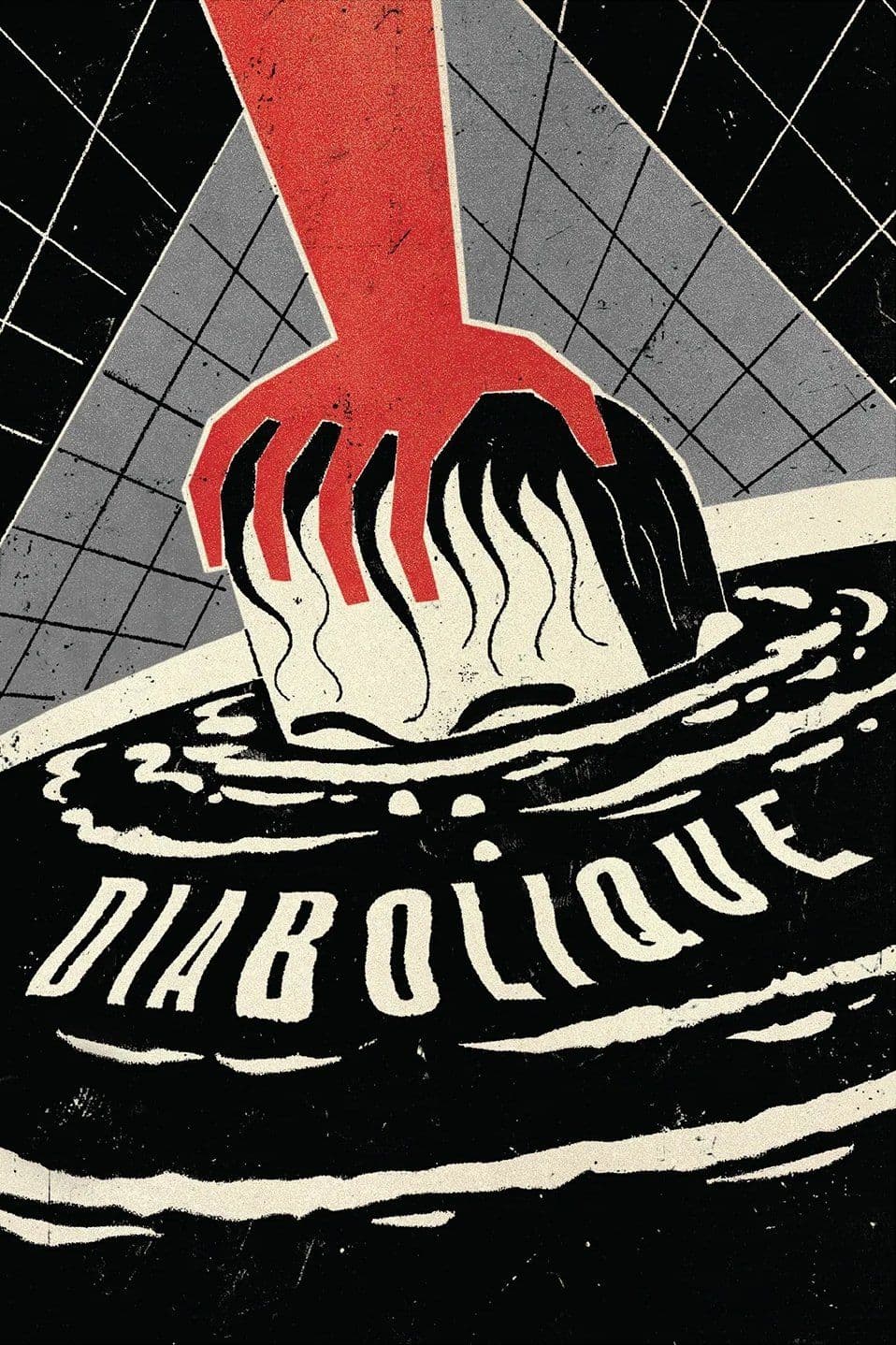
Diabolique
1955
Rate this movie
Average: 0.00 / 5
(0 votes)
Director
A magnificent horror played on absence-presence, unleashing a furious maelstrom of agonizing doubts to the point of leading the protagonists into a slow descent into madness. This is not a horror of tangible ghosts or monsters, but rather a most refined psychological terror that insinuates itself into the viewer's mind as much as into the characters'. Clouzot orchestrates a crescendo of paranoia and bewilderment, transforming the void left by a vanished body into a suffocating presence, almost a tangible ghost breathing on the protagonists' stomachs, wearing down their sanity fiber by fiber, in an exhausting torture that grants no reprieve. The anguish emerges from the fault line between what is real and what is perceived, an abyss where every shadow, every distant sound, becomes a sinister premonition.
Clouzot once again proves himself a skilled puppeteer of emotions, crafting a true archetype of the noir-horror genre that would greatly influence filmmakers to come (one need only think of works like “The Sixth Sense” or “The Ring”). His mastery lies not only in the construction of an intricate and surprising plot, but in the surgical precision with which he dissects the human psyche under extreme pressure. Clouzot's direction is relentless, devoid of empathy, forcing the viewer into a claustrophobic proximity with the characters' moral agony. This film, adapted from the novel "Celle qui n'était plus" by the same Boileau-Narcejac who inspired Hitchcock for "Vertigo," predates the famous "Psycho" by several years and stands as a milestone for its narrative audacity and its capacity for shock. It is said that Hitchcock himself was furious for not having obtained the rights, and the film is widely recognized as a cardinal influence on the master of suspense. Its most enduring lesson, perhaps, is not just the device of the final "twist," but the explicit request itself to viewers not to reveal the plot, a practice that has shaped the cinematic experience for decades to come, elevating secrecy to a narrative sacrament.
The story centers on the Sapphic friendship between the headmaster's wife, the fragile and tormented Christina (portrayed with sublime vulnerability by Véra Clouzot), and a schoolteacher, the cold and resolute Nicole (a magnetic Simone Signoret). A symbiotic bond, forged in the shared experience of abuse under the tyranny of the despotic and misanthropic Michel Delassalle (Paul Meurisse, who embodies the quintessence of meanness).
Driven by a common hatred and palpable desperation, the two women combine their strength to conspire and carry out the most extreme of acts: they plan his murder. They will drown him in the bathtub, an intimate and domestic place that becomes the scene of a primordial horror, then making his body disappear into the depths of the school swimming pool, a murky body of water reflecting their now stained souls.
But when the pool is drained for cleaning, the body mysteriously vanishes, almost as if swallowed by the water itself, and a series of incredible, inexplicable, almost supernatural events will severely test the murderous duo. It is not so much the crime itself that catalyzes the tension, as its unimaginable and perverse consequences. This is where Clouzot excels: in transforming guilt into a form of contagious madness, a fever that consumes every shred of rationality.
The slow dissolution of a wicked act carries with it the seeds of an even more monstrous evil, a latent impiety that insinuates itself into the film's atmosphere and, by reflection, into the viewer, who cannot help but follow the events in a kind of petrified ecstasy. The boarding school itself, a decrepit and dilapidated building, is not merely a backdrop, but a character in its own right, its walls echoing unspeakable secrets and escalating madness. The horror is not outside, but within; it is the spontaneous combustion of consciousness, the distortion of reality wrought by unbearable guilt. The film transforms into a descent into the abysses of the psyche, where suspicion nullifies trust, and reality disintegrates into a mosaic of hallucinations and paranoia, leaving the viewer in a state of constant uncertainty, almost as if their own perception had been compromised.
A dark and fascinating film, like an eclipsed moon, "Diabolique" remains an unsurpassed masterpiece of the psychological thriller, a work that continues to enchant and disquiet, demonstrating how true terror lies not so much in what is seen, but in what is feared, in what is imagined, and, above all, in what one is forced to question about one's own reality. Its echo resonates even today, an unsettling warning about the fragility of reason in the face of the abyss of guilt.
Country
Gallery
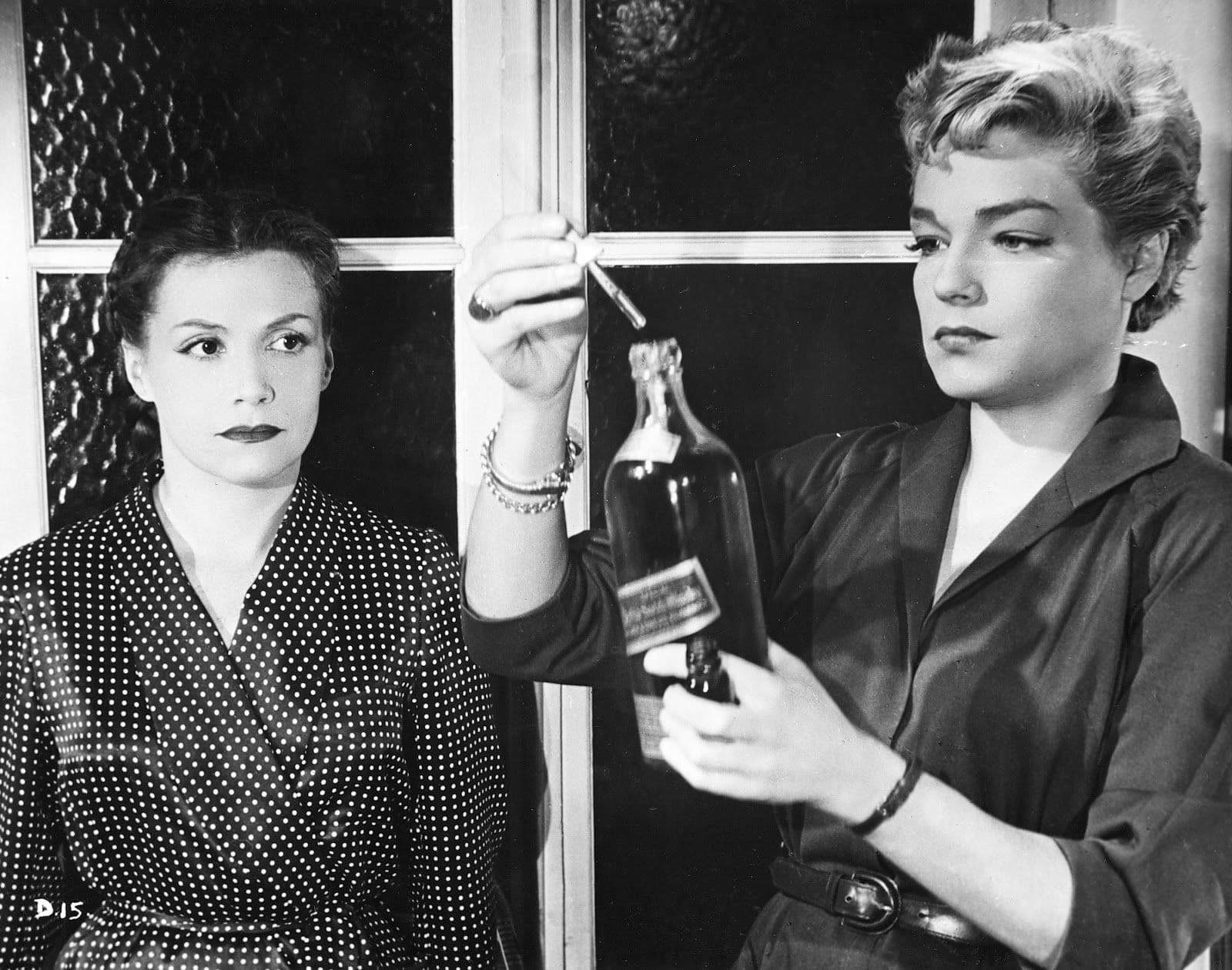
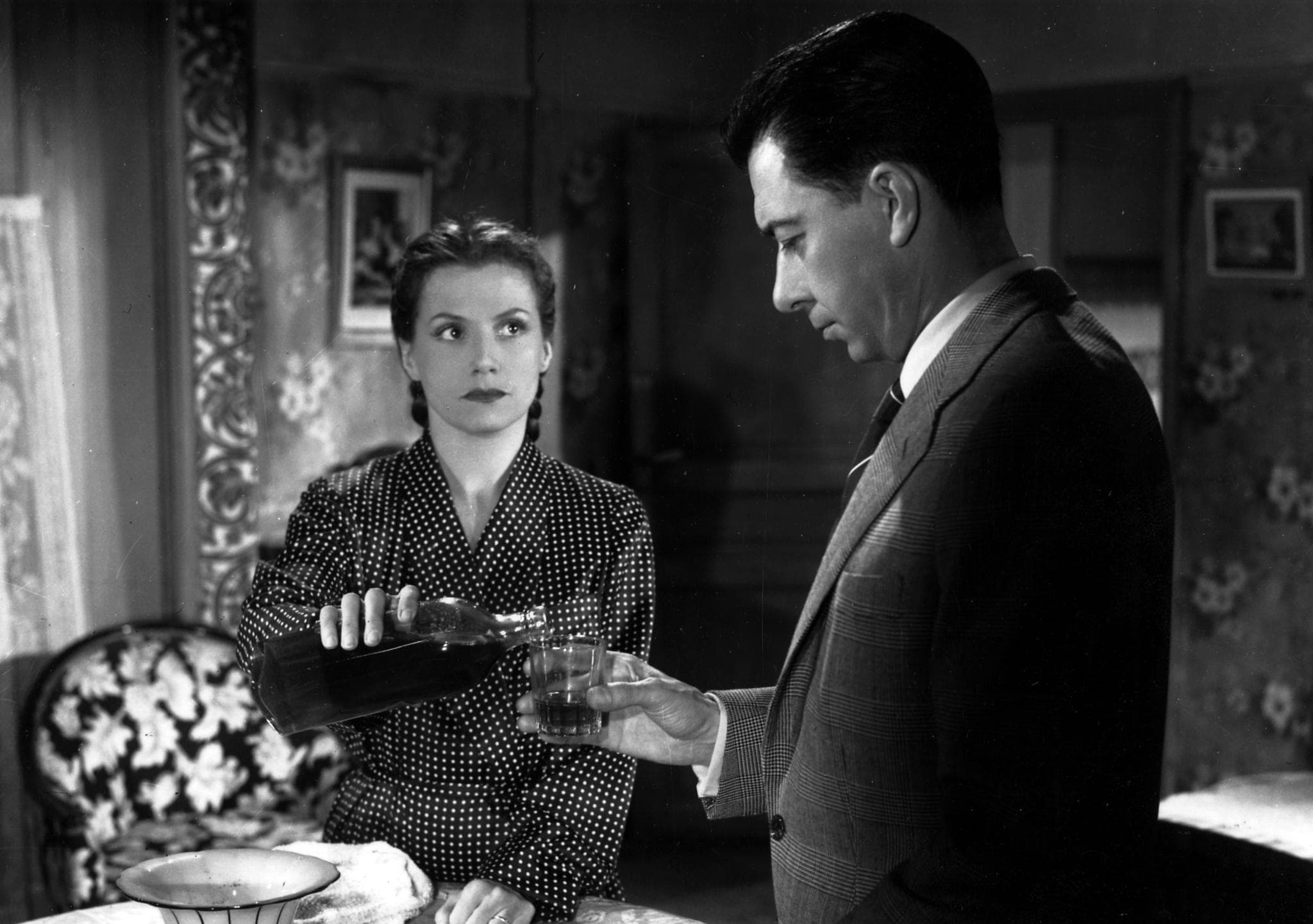
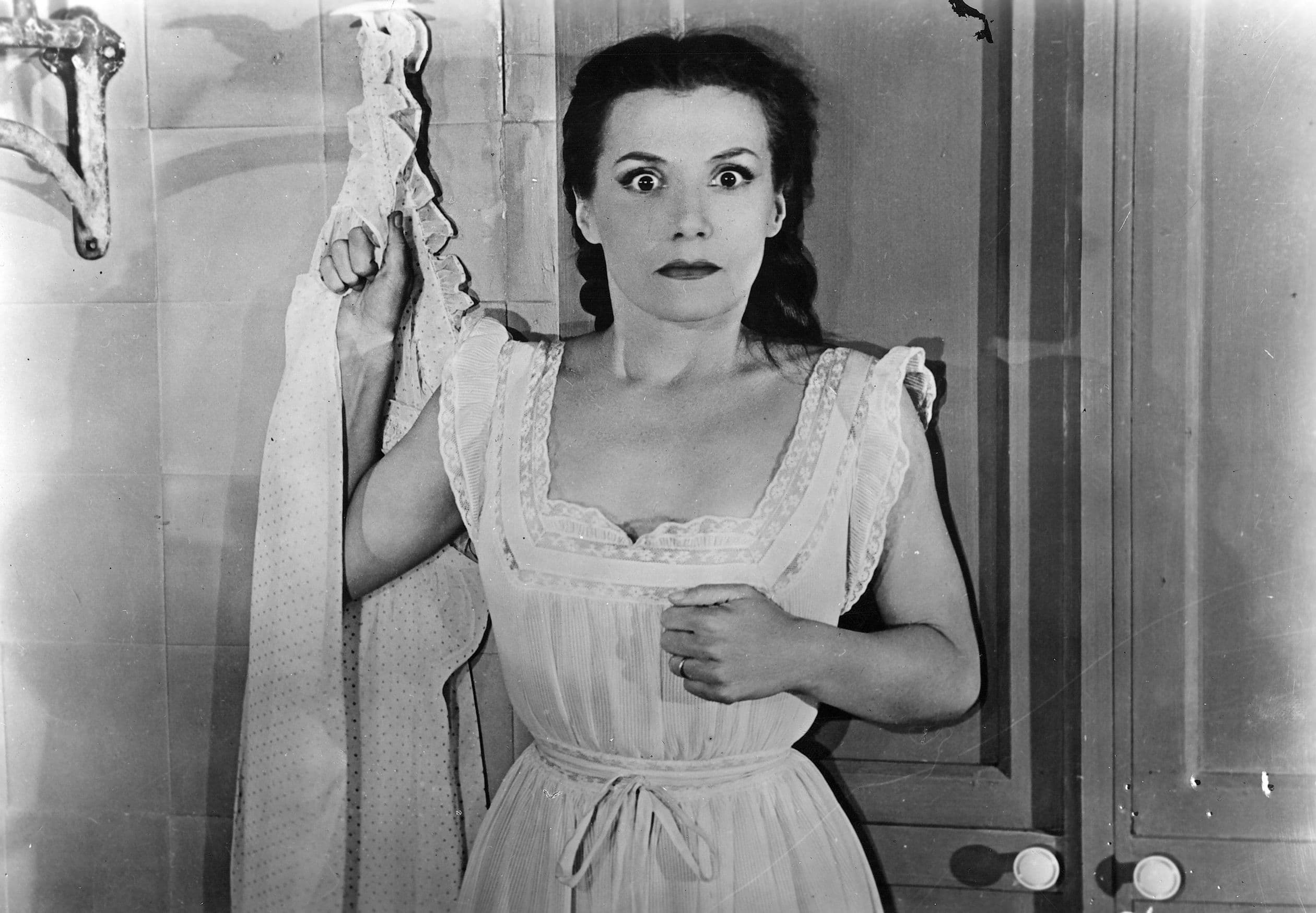
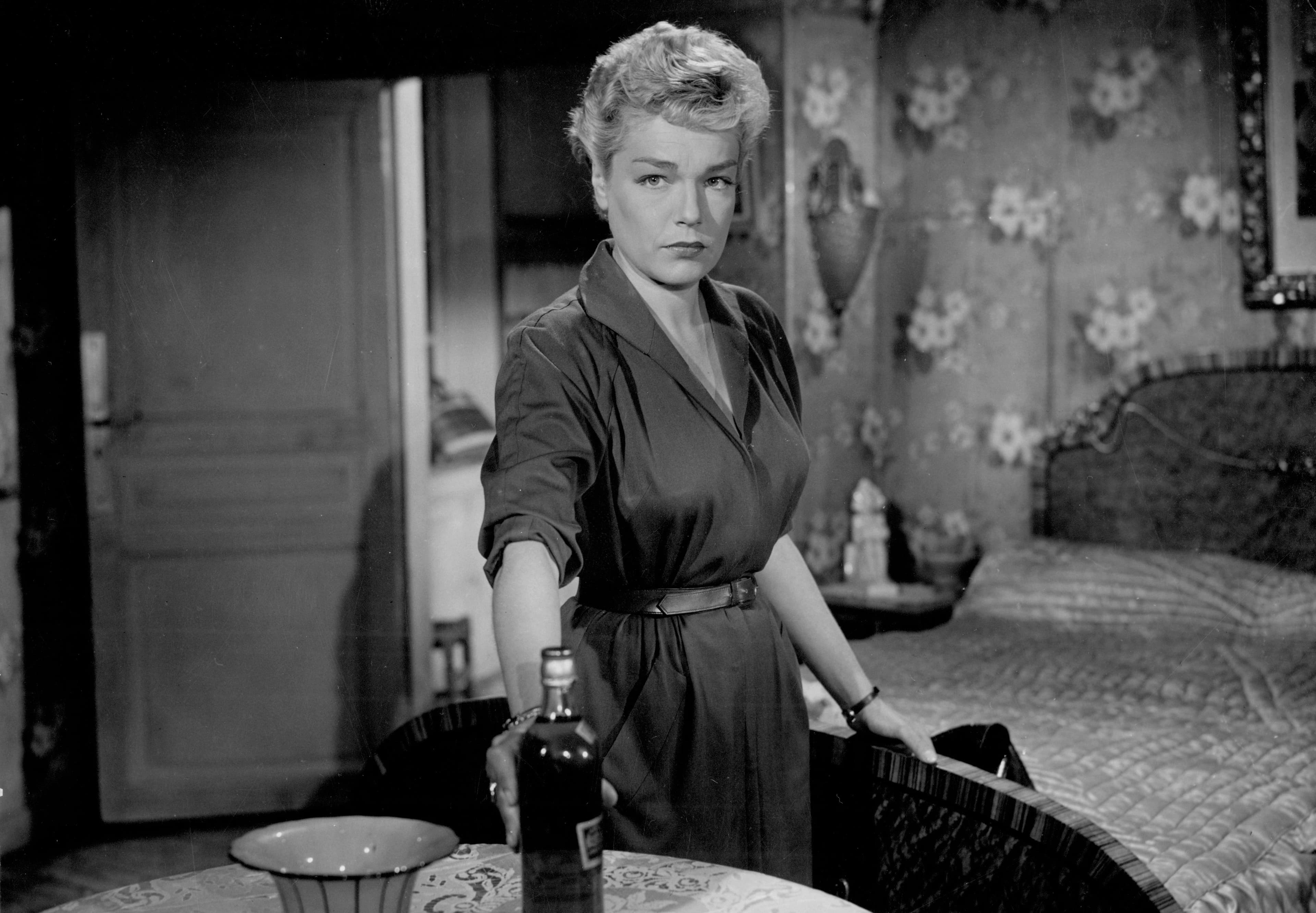
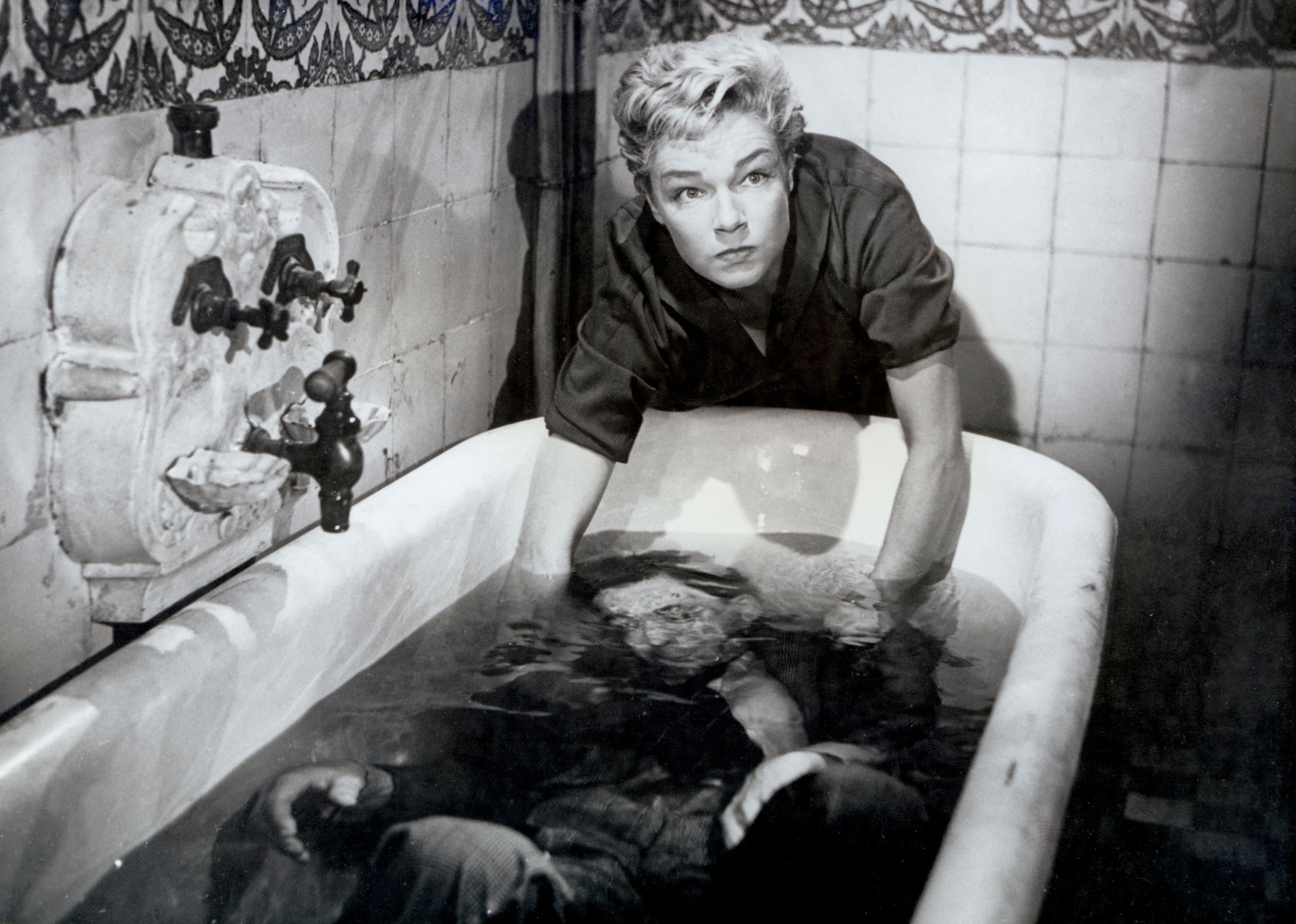
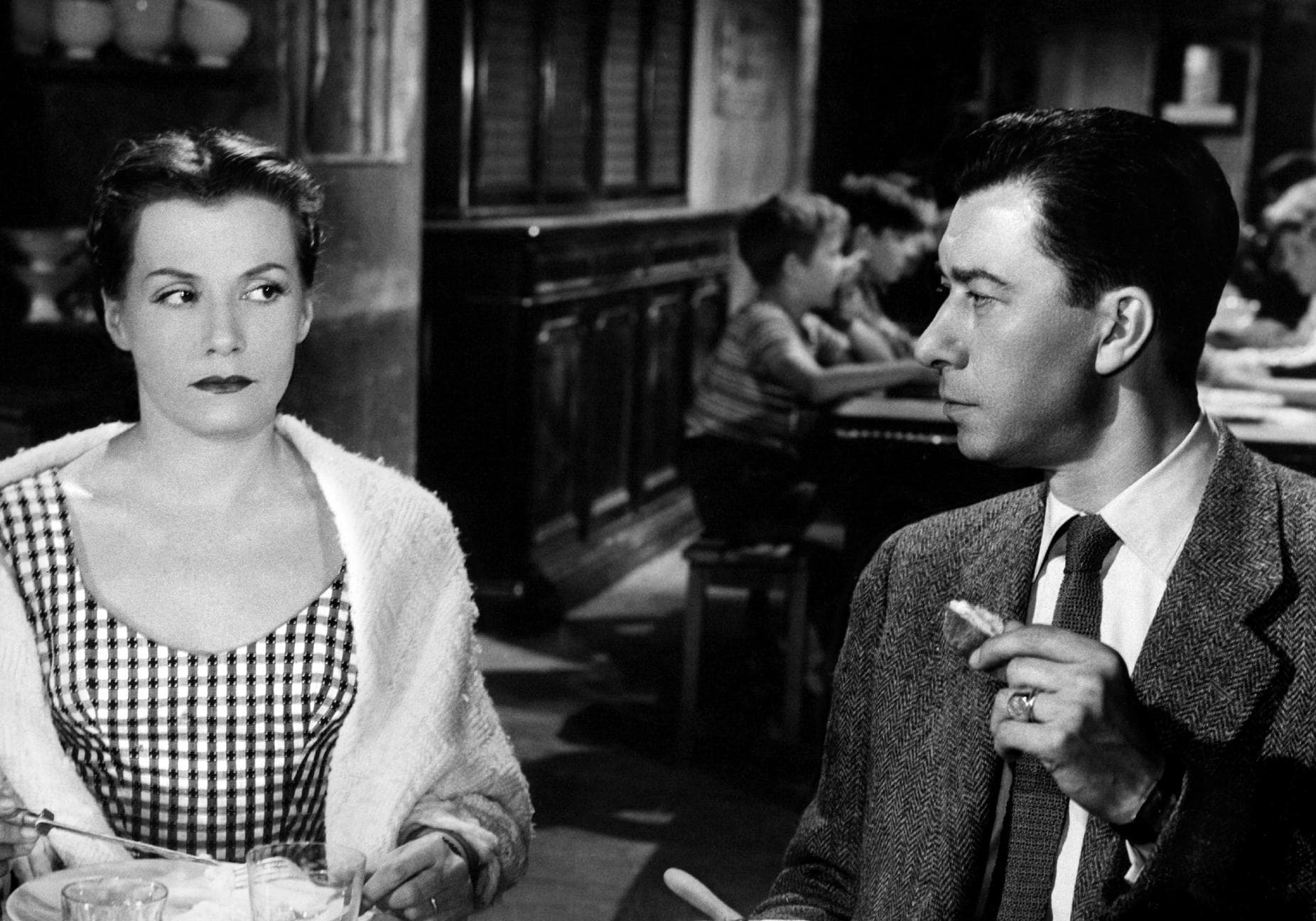
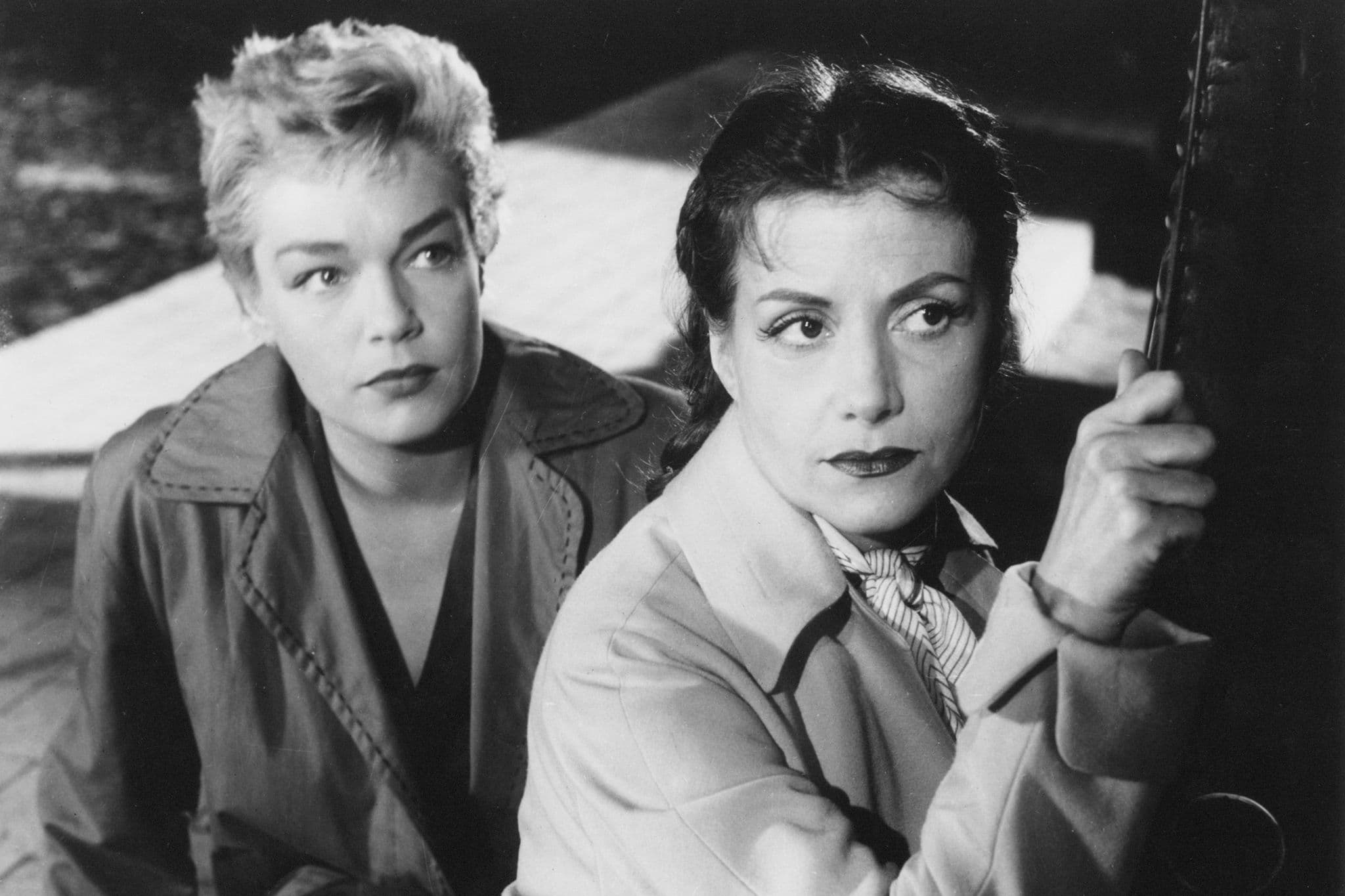
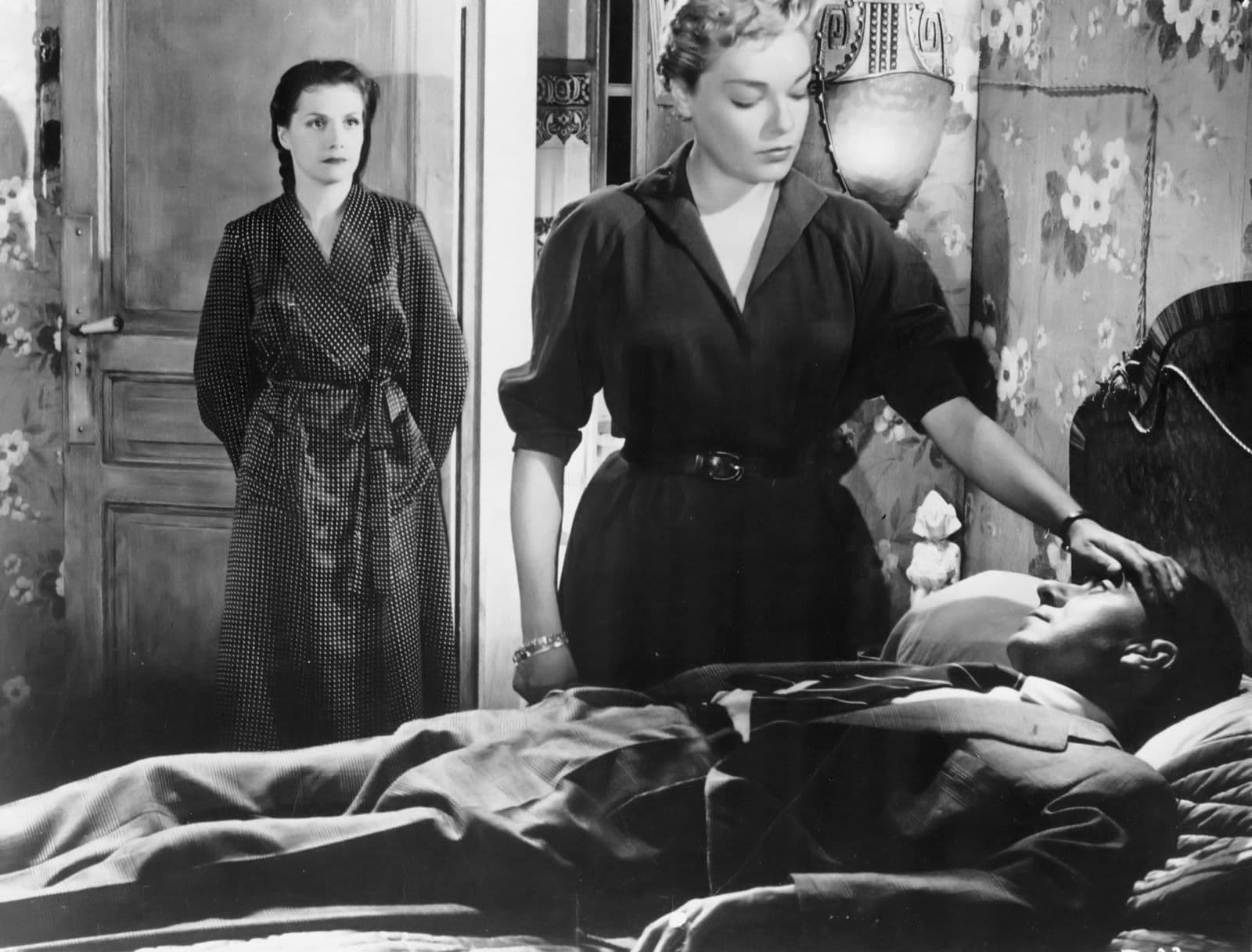
Comments
Loading comments...